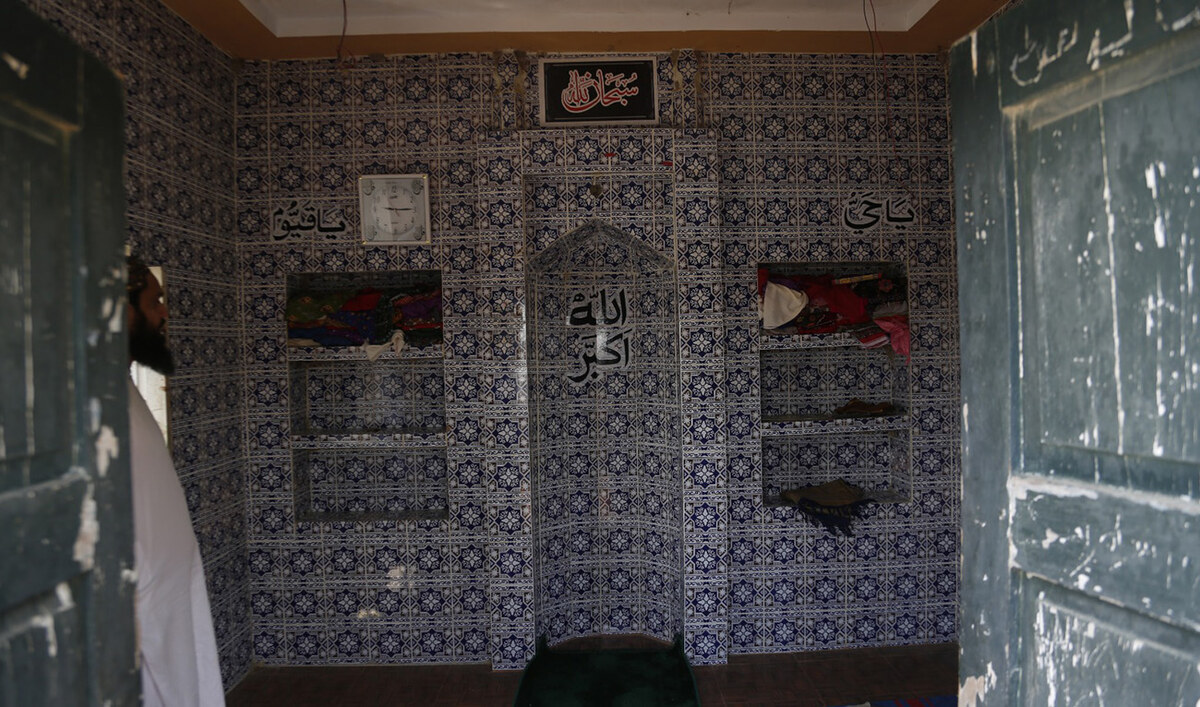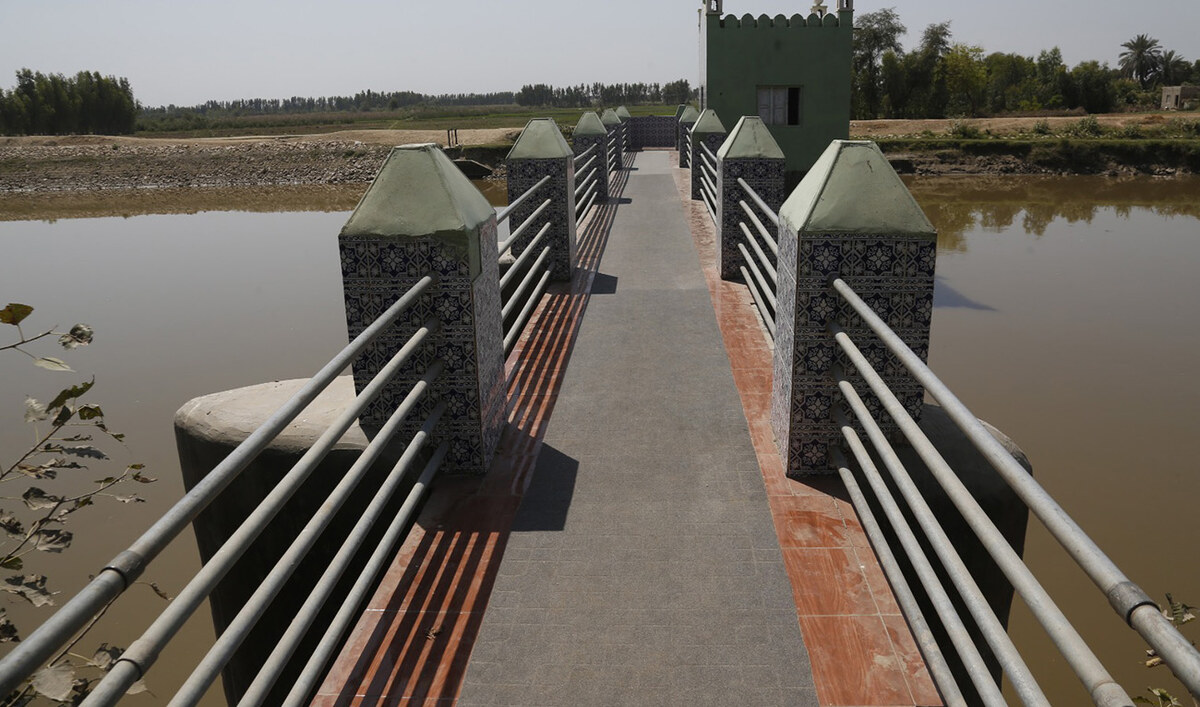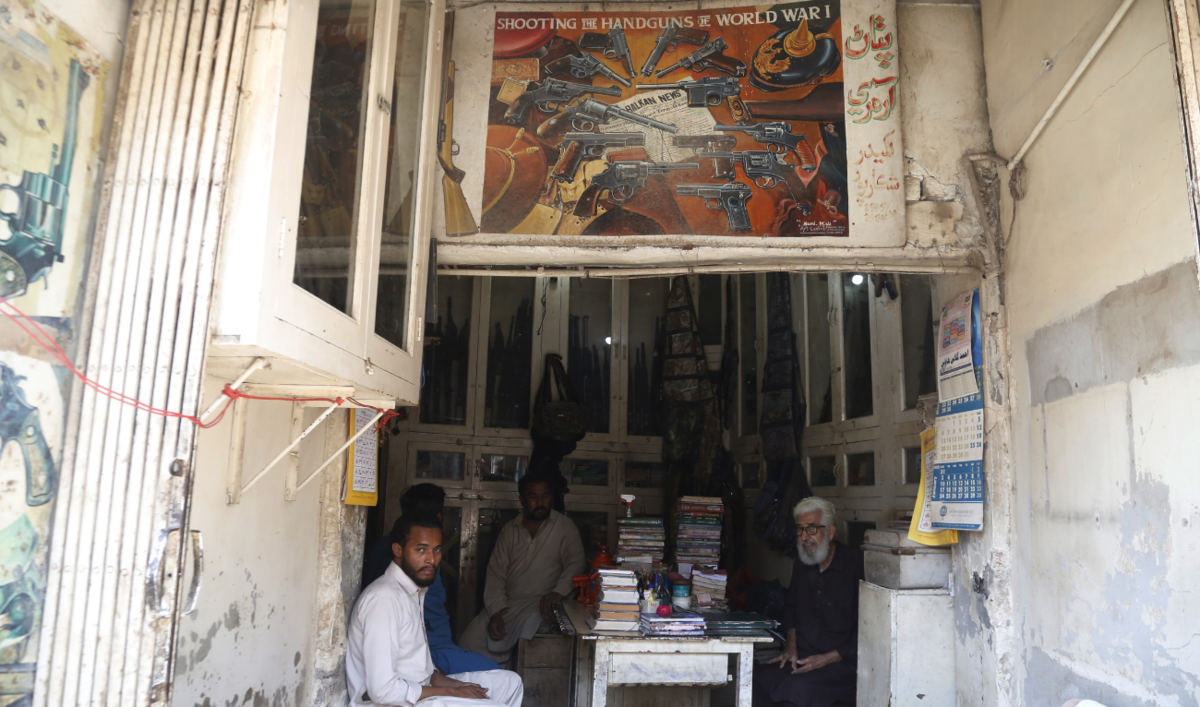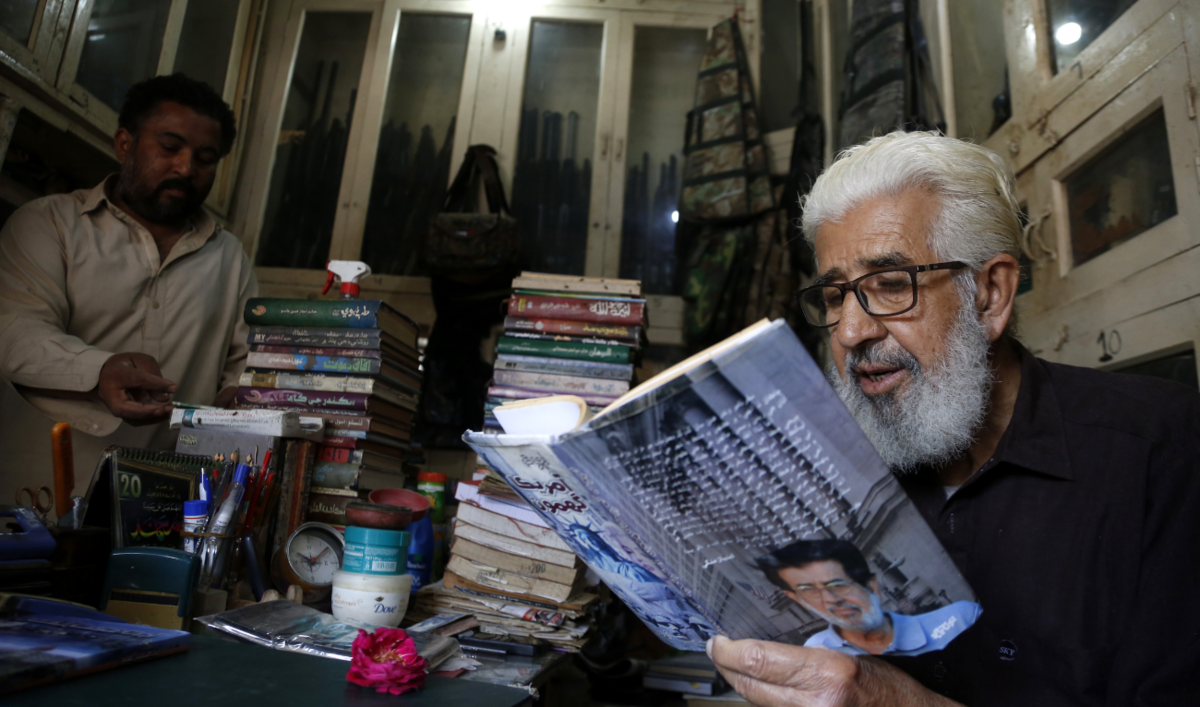ISLAMABAD: Prime Minister Shehbaz Sharif said on Sunday it was vital to bridge a funding gap to restore critical infrastructure in the country that was washed away by recent floods not only to rebuild millions of lives but also to revive the national economy.
The prime minister is flying to Geneva to co-host a United Nations conference on Monday where his delegation will highlight Pakistan’s immediate reconstruction needs amounting to about $16.3 billion. The country witnessed devasting floods last year that killed more than 1,700 people and affected over 33 million others.
According to official estimates, the damages wreaked by unprecedented rains and floods have cost the cash-strapped nation $30 billion, which is about a tenth of Pakistan’s GDP. UN officials in Pakistan have already warned the current international aid is likely to run out on January 15.
“We will place comprehensive post-disaster framework plan for recovery, rehabilitation & reconstruction with resilience before development partners & friendly countries,” the prime minister said in a string of Twitter posts before leaving for the international conference. “Bridging funding gap is key to restore critical infrastructure, rebuild lives & livelihoods & revive economy.”
“Humanity is at an inflection point in world history,” he continued. “Our actions today will shape the resilient future for our succeeding generations. Millions of Pakistanis affected by unprecedented devastation look for compassion & solidarity to build back better.”
In an article written on Friday, the prime minister complained about a decline in international enthusiasm to deal with help his country deal with the issue.
“International attention has receded, but the waters have not,” he wrote in Britain’s Guardian newspaper. “Large parts of Sindh and Balochistan provinces remain inundated.”
“The number of food-insecure people in Pakistan has doubled to 14 million; another 9 million have been pushed into extreme poverty,” he said. “These flooded areas now look like a huge series of permanent lakes, transforming forever the terrain and the lives of people living there. No amount of pumps can remove this water in less than a year; and by July 2023, the worry is that these areas may flood again.”
The prime minister maintained he was conscious the Geneva conference would only the beginning of a long and arduous journey, though a substantive outcome would reassure millions of imperiled people they had not been forgotten and that the international community would help them to rebuild their lives.























